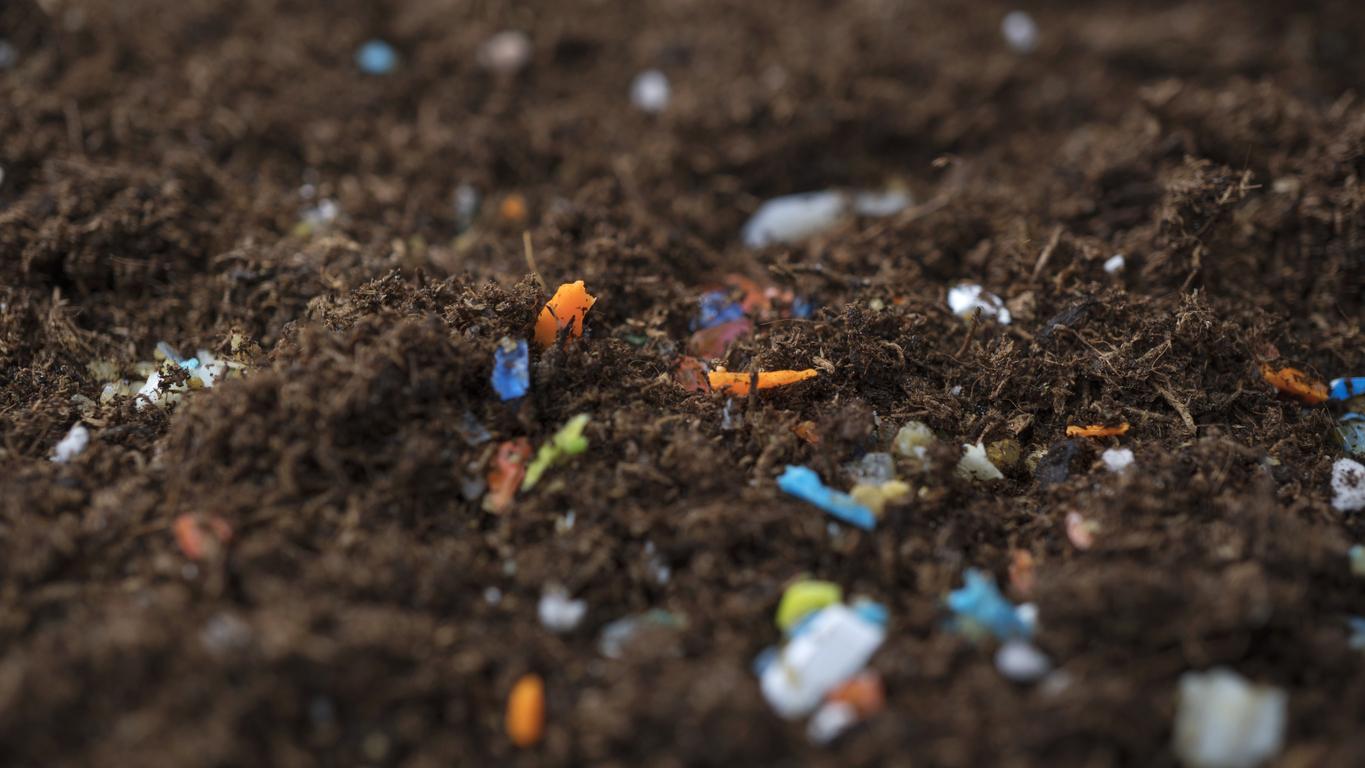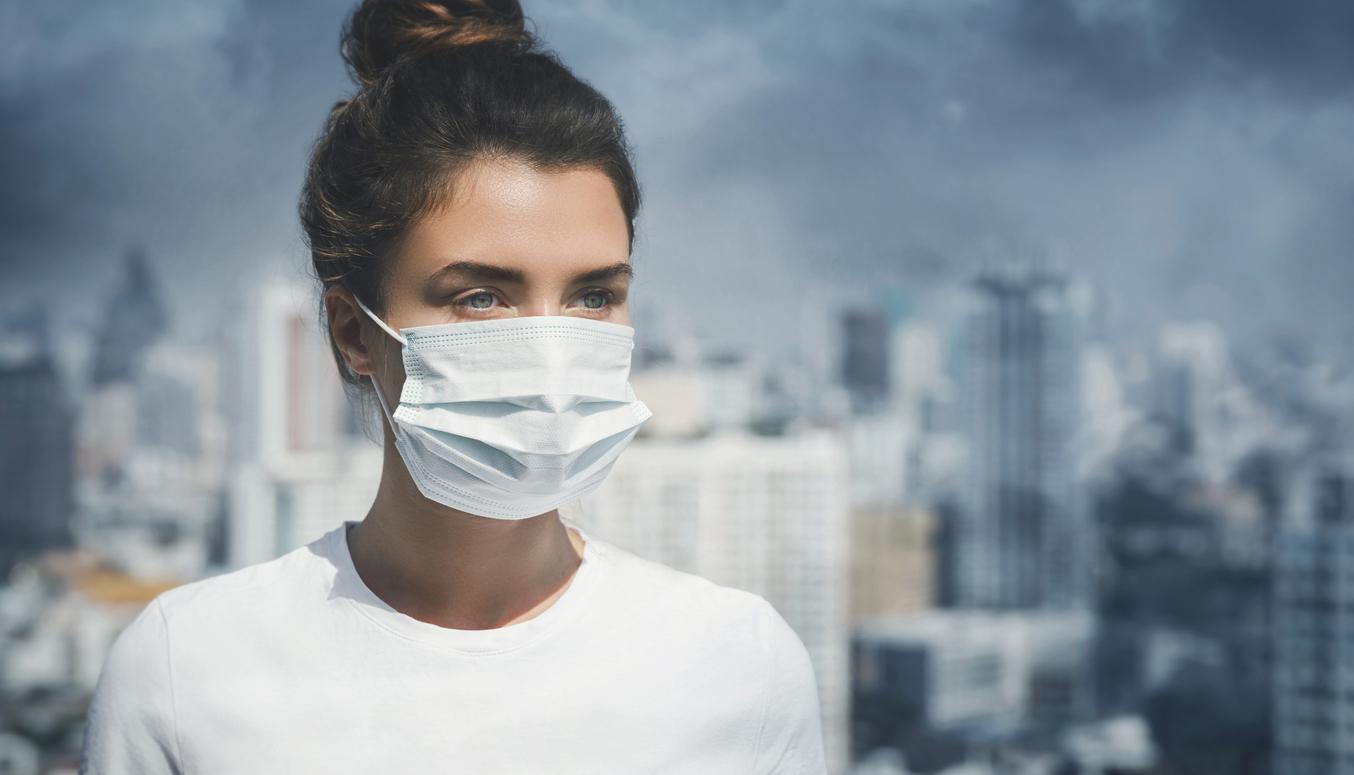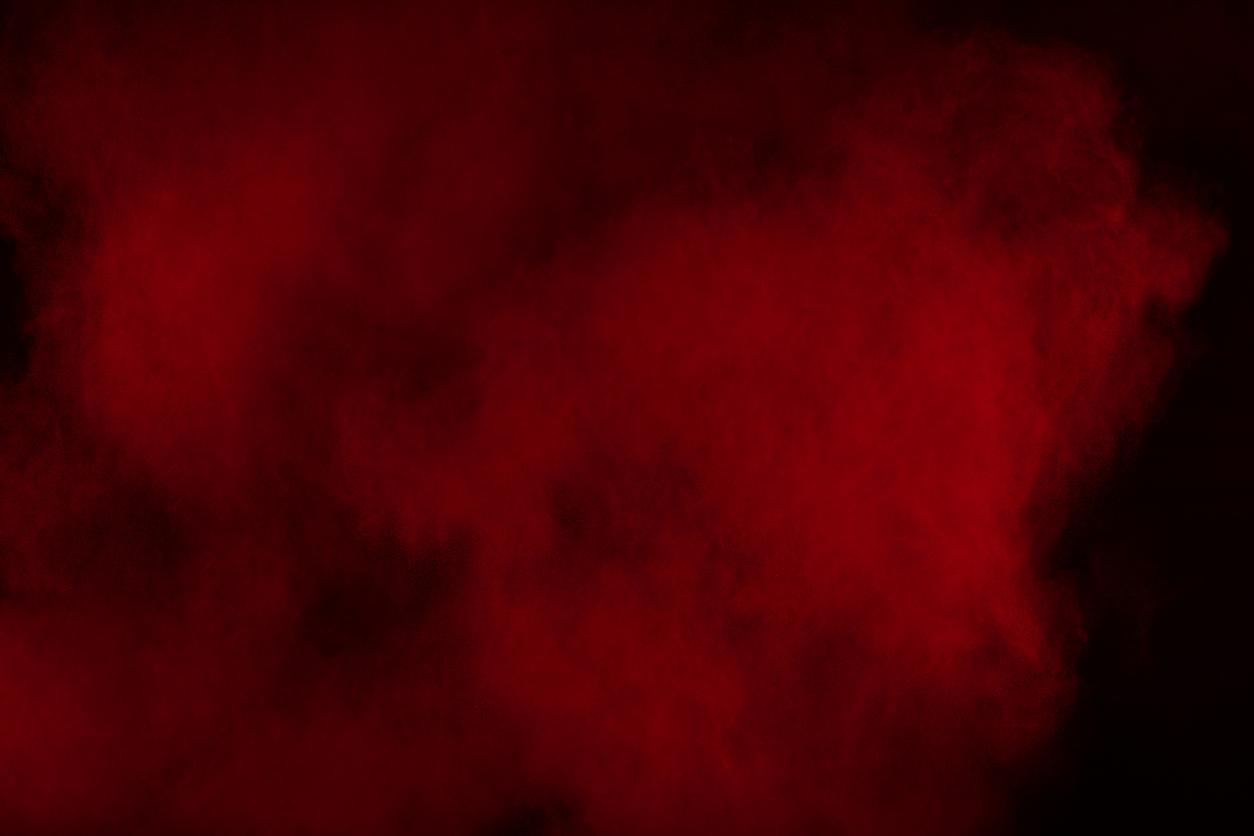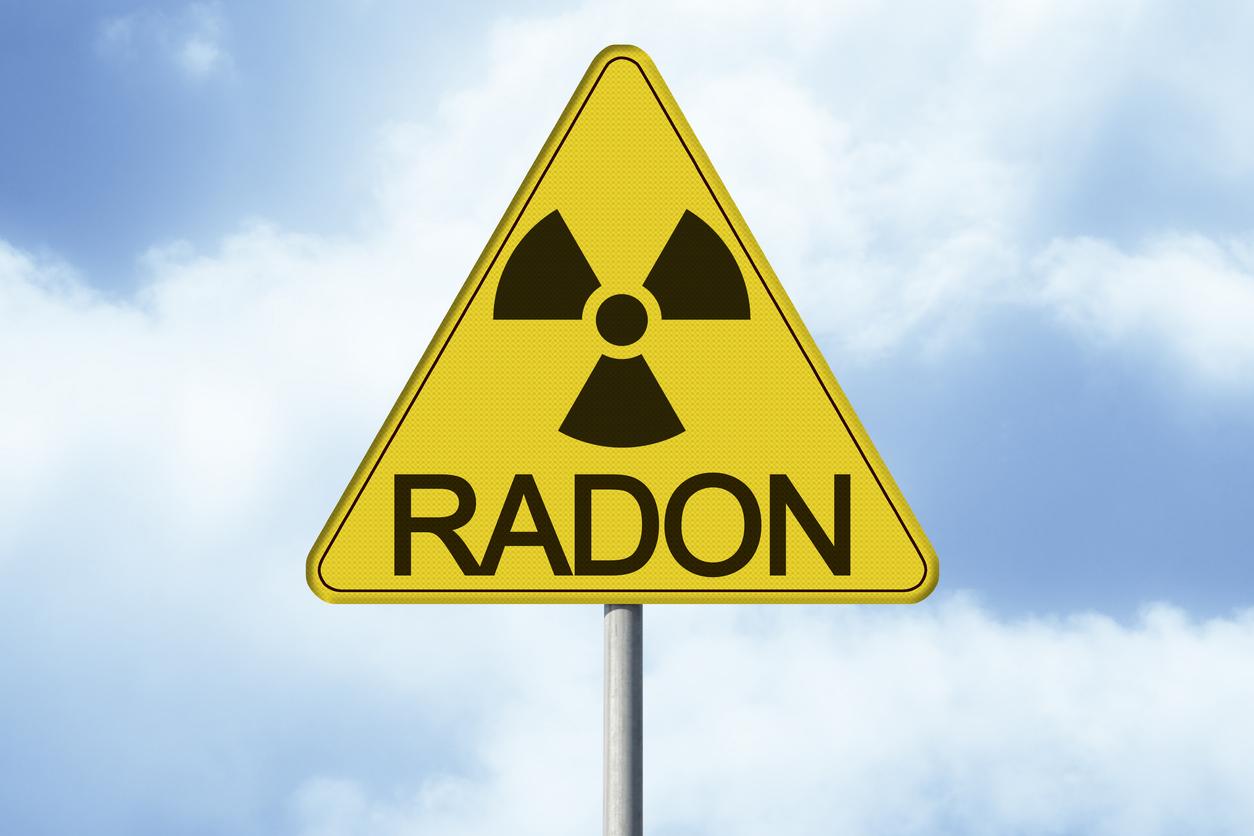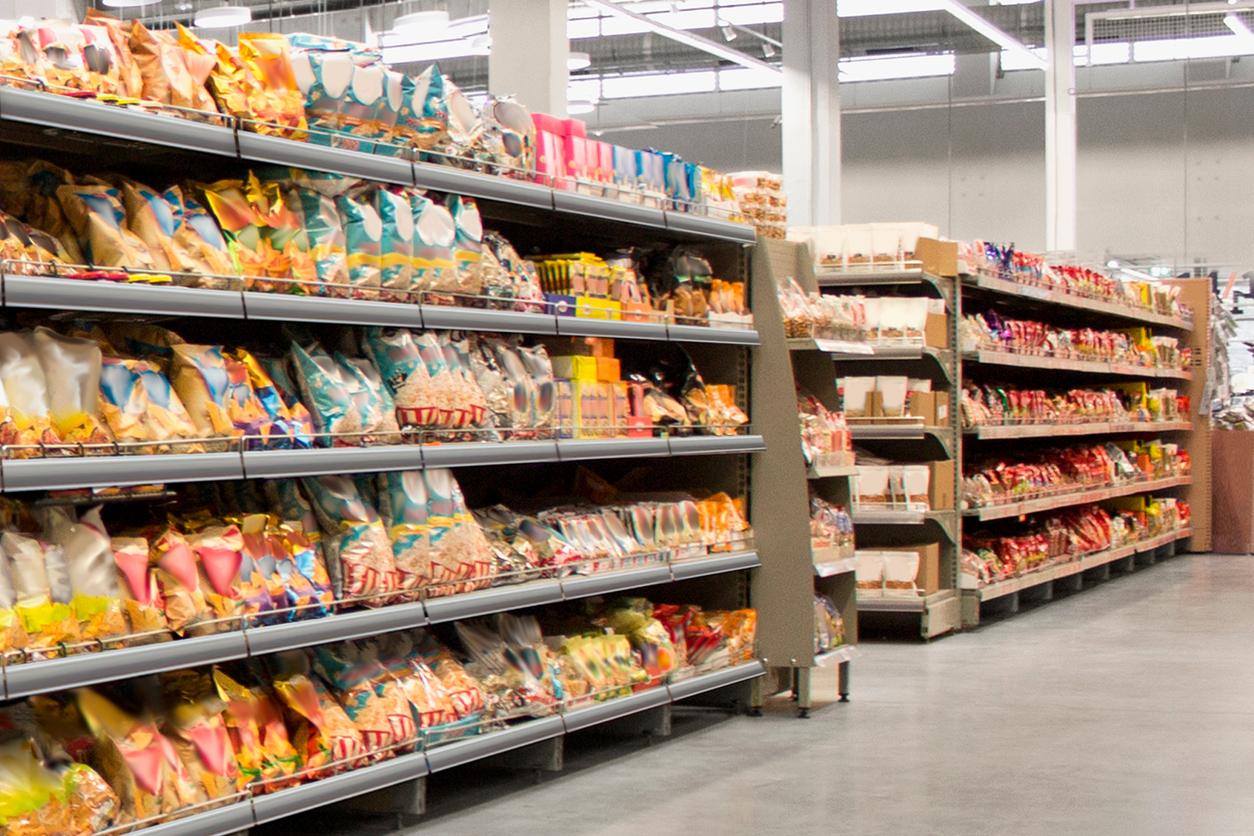Plastic pollutes the planet and leaves visible stigmas in the ocean but also on the rock. Environmental specialists have spotted the presence of a layer of blue and white plastic debris embedded in the rock of the Portuguese island of Madeira. This coating, to which the researchers gave the eloquent name of “plasticroust” was observed for the first time in 2016 on the rocky intertidal shores (space of the sea coast between the two levels of the tides, low and high) of this volcanic island. of the Atlantic. Three years later, this new form of pollution plastic occupies 9.6% of the rock surface, worryingly point out the researchers on the CNN website. “We first discovered plastic crust in 2016. At that point, we were already quite surprised and concerned about the phenomenon,” marine ecologist Ignacio Gestoso García told CNN. “Earlier this year, we found that this ‘dust’ was more abundant, so we launched more rigorous monitoring of the phenomenon.”
This plastic debris would have different origins, such as fishing and tourism. After analysis, it appeared that the plasticroust is composed of polyethylene, a plastic common in plastic packaging, construction materials and medical devices, further specifies the American information site.
A possible impact on animal health
If the presence of this plastic coating remains limited to one part of the island, specialists fear that this type of marine pollution will affect other regions of the globe. It remains to be seen what the consequences of this crust can be. Environmental experts consider it “unlikely” that it will have any effects on human health. But they are more worried about marine life. “The potential impact of these new” plastic dust “must be deepened, they explain in Science of the total environment. “Future studies should (…) assess whether marine invertebrates cohabiting in the same habitat as this ‘plastic crust’ can assimilate plastics – and if so, whether these plastics may have implications for the health of these animals. “Asks CNN Ignacio Garcia.
Plastic pollution represents 80% of marine litter and is a major problem for the planet. To limit the phenomenon, the EU has banned single-use plastics from 2021.
Read also
- Man eats and breathes plastic all the time
- We reduce plastic with the #NoPlasticChallenge
- Indoor pollutants affect the quality of semen









